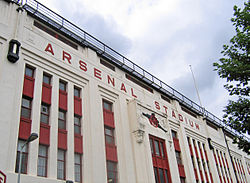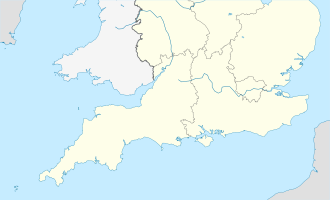 Sweden, gold medal winners | |
| Tournament details | |
|---|---|
| Host country | |
| Dates | 26 July – 13 August 1948 |
| Teams | 18 (from 5 confederations) |
| Venue | 13 (in 3 host cities) |
| Final positions | |
| Champions | |
| Runners-up | |
| Third place | |
| Fourth place | |
| Tournament statistics | |
| Matches played | 18 |
| Goals scored | 102 (5.67 per match) |
| Top scorer(s) | |
← 1936 1952 → | |
The football tournament of the 1948 Summer Olympics was won by Sweden. [1] This remains Sweden's only international title at a senior male football level and was the first international appearance of the trio that would later be known as Gre-No-Li dominating the Italian league at A.C. Milan in the 1950s.
Contents
- Venues
- Participating nations
- Squads
- Final tournament
- Preliminary round
- First round
- Quarter-finals
- Semi-finals
- Bronze medal match
- Gold medal match
- Bracket
- Medalists
- Statistics
- Goalscorers
- References
- Sources
- External links
It was the first international football tournament ever to be broadcast on television, with the semi-finals, final and bronze medal play-off all being broadcast live in full on the BBC Television Service. [2]










